Author: Lynda Benigno
The goals of treatment for addiction should comprise of stopping the use of the substance, helping the addict remain substance-free and become productive in all areas in life including family, work and society. No single treatment will work for everyone, and as with other diseases, some trial and error to see what is effective for the patient is needed. One of the most effective methods of treatment is counseling and behavioral therapy. Treatment should also include addressing traumas and any existing psychological disorders. Patients should have a complete physical exam that includes testing for STD'S, infectious diseases and other health problems that the substance use may have caused. Detoxing while under a medical professionals care is preferred and a good first step. Long term follow up care that also includes support from family, friends or a sponsor will help prevent relapse. Restructuring the family unit through family therapy can create a loving and supportive environment that increases the chance of sobriety and aid in the healing process for all who are involved.
Detoxing and the role of medication
As previously mentioned, detoxing under a medical professionals care is preferred. An addict with severe dependence may experience dangerous withdrawal symptoms that can last from days to weeks. While not all withdrawal symptoms are life-threatening, they can be alarming to the addict and those around them. These acute symptoms may include, hyperactivity, sweating, nausea, increased blood pressure or heart rate, body pains or headaches, disorientation, insomnia, night sweats, fatigue, fever or chills, and hallucinations. A medical professional can prescribe medications that can ease withdrawal symptoms and aid in sobriety. These include:
*Naltrexone: Reduces relapse for narcotic and alcohol dependence by blocking opioid receptors that are involved with the pre-frontal cortex of the brain where reward is triggered.
*Suboxone, Probuphine, Sublocade: Reduces cravings and withdraw symptoms for those with opioid dependence
Behavioral and Cognitive Therapy
The goal with behavioral and cognitive therapies is to modify the patient's attitude and behavior related to substance abuse as well as create healthy lifestyle goals that will promote sobriety. This process works to keep the patient engaged in the treatment process and provides incentives to stay sober. Patients learn how to cope with everyday stressors as well as the thoughts and emotions that lead to substance use. They also learn how to how to remove themselves from situations that trigger substance use. By rewarding healthy behavior and consciously seeing thoughts in a realistic way, the patient will learn not to attach a negative emotion or response to their experience. Behavioral and cognitive therapies can be tailored to meet the patients individual needs making treatment effective.
Family Therapy
Family therapy has been shown to be more effective than standard support counseling. Family therapy is used to resolve family conflict, repair relationships and improve the function of the unit as a whole in a way that promotes sobriety. Family therapy will address the impact of addiction, mental health concerns and any trauma that is the result of addiction. Family therapy also helps to validate the experiences of each family member while developing new communication skills and healthy behavioral dynamics. Family therapy provides healing and sobriety for all parties involved.
12 Step Program
12 step facilitation therapy helps promote long term sobriety through engagement with peers. The three basic tenants behind this approach are acceptance, surrender and active involvement. Although the 12 step program was initially developed for alcoholics, the program is useful for various addictions including narcotics and debtors. The program is based heavily on religion, but those with non-religious beliefs have found the program helpful. The focus does not have to be on any particular religion or deity but rather something bigger than yourself such as the universe. The 12 steps are as followed:
*Admit that you are powerless over your addiction and your life has become unmanageable.
*Believe a power higher than yourself can restore you to sanity
* Decide to turn over your will and life to God; however, you understand God to be.
*Take moral inventory of yourself in a fearless manner
*Admit to God, yourself and others the true nature of your wrongs
*Be entirely ready to have God remove all of your defects of character
*Humbly ask God to remove your shortcomings
*Make a list of all persons you have wronged and be willing to make amends
*Make amends to those on your list except when doing so will cause more harm to the other person
*Continue to take a moral inventory of yourself and when you are wrong promptly admit so
*Through prayer and meditation, seek to improve contact with God, pray for knowledge of his will for you and the strength to carry it out
*Having experienced a spiritual awakening, try to carry this message to other addicts and continue to practice these principals in all of your affairs.
Role of a Sponsor in Recovery
Having a sponsor as well as regular meetings offers social support that is a critical component of AA. A sponsor provides one on one support and has usually had experience in the program for an extended period. Majority of sponsors make themselves available 24/7 so that there is someone available whenever the need arises. Since your sponsor is also in recovery, they can detect the early warning signs that you may relapse and provide the extra support needed to help you stay sober. Your sponsor is also responsible for giving honest feedback on behavior and thought patterns as well as helping you through your 12 steps.
Therapeutic Communities
Rehabilitation at a therapeutic community provides a highly structured program where patients reside. The time frame is dependent on the severity of the addiction and can range anywhere from 6-12 months. Staff members, as well as peers, play a role in influencing change. It is a group based approach that also includes medically trained professionals and other specialists such as a psychiatrist. The focus is placed on the overall health and well being of the patient. These include making lifestyle changes such as developing a routine as well as learning life skills that promote sobriety. The patients attend group therapy, individual or family therapy, education classes as well as participating in work-related responsibilities. The running of the community is based on everyone's participation and is highly structured. This tactic promotes healthy socialization skills and helps each person participate constructively in society.
Access to Care
Insurance does not always cover addiction treatment and when it does it may not include treatment for as long as the patient requires. When looking for a treatment center, many are surprised to find that immediate access is not possible. Restrictions placed on clinicians that include how many patients can be treated at a time limits the number of beds available at rehab centers. Without immediate access, an addict may discard the notion of treatment and continue using.
Addressing our response to addiction is critical. Accepting that addiction is a disease also means accepting it should be treated as a disease. Although penalties should be imposed for criminal offenses, addressing the underlying condition with the primary focus on rehabilitation would be much more effective.
If you or someone you know has a substance abuse problem, please contact the Substance Abuse and Mental Health Services Administration at 1-800-662-4357
The opinions expressed in this article are of the author and not intended to diagnose, treat or cure any physical or mental condition. If you are struggling, please contact your healthcare provider, the National Suicide Hotline at 1-800-273-8255 or the Stepping Stone Community Services at 330-577-4099.



















